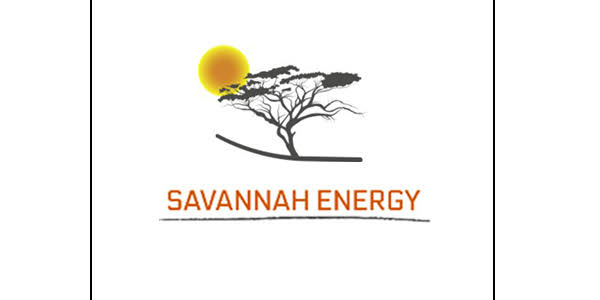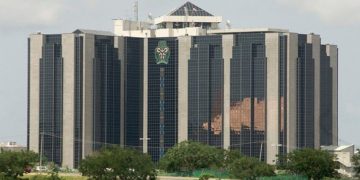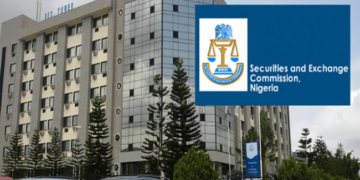Savannah Energy’s Africa’s investment drive is experiencing some hitches as Government of Chad is halting the firm’s investment in the country.
The company continues to aim for energy projects to progress in Africa, but the disappointment of its loss of Chadian assets has been made clear.
Savannah reported total revenues of $147.6 million for the first quarter and its core Nigerian assets provided $71mn of this.
However, the company reported that the Chad upstream assets provided $76.6million. Whether Savannah will ever benefit from these assets is to be decided at international arbitration.
A decree from March 23 nationalised Savannah’s Chad Interests while a law passed on March 31 confirmed this. The move covered both the upstream interests and Chad’s part of the export pipeline.
Savannah said the move was “in direct breach” of conventions to which both sides were a party. The company has begun arbitration in Paris, but this may take up to two years.”
Savannah continues to hold an indirect stake of 41.06 per cent in the Cameroon section of the export pipeline. The pipeline transported 128,800 barrels per day in the quarter. Savannah earns a transportation tariff from these barrels.
Company CEO, Andrew Knott said the pipeline was delivering a strong consistent financial performance.
The company is working on oil and renewable energy projects in Niger, he said, and progressing a deal for Perronas’ assets in South Sudan.
Savannah also expects “to announce a series of new utility-scale renewable power projects over the course of Q2 and Q3 2023.”
At the end of the first quarter, the company had cash of $217.3million and net debt of $412.2million. It has been working to renegotiate a major part of its debt but did not provide an update on this today.
Stripping out Chad, gross production in Nigeria reached 25,900 boepd in the quarter, up 20 per cent year on year.
Niger offers some opportunities for growth. The company is working on an early production scheme at R3 East. It will carry out a well test in the fourth quarter of the year and then issue a field development plan. It aims to reach first oil in 2024, with a plateau of 5,000 bpd.
The Niger-Benin export pipeline will serve to unlock developments in Niger. The line is 75 per cent complete, Savannah reported, and should be fully operational in the fourth quarter of this year.
We’ve got the edge. Get real-time reports, breaking scoops, and exclusive angles delivered straight to your phone. Don’t settle for stale news. Join LEADERSHIP NEWS on WhatsApp for 24/7 updates →
Join Our WhatsApp Channel









